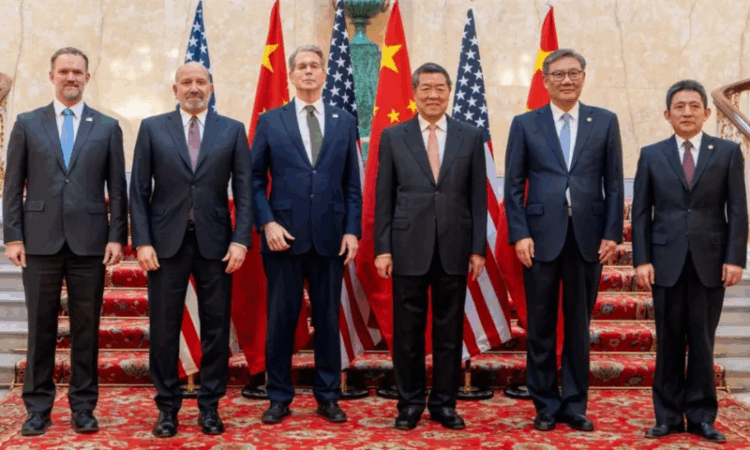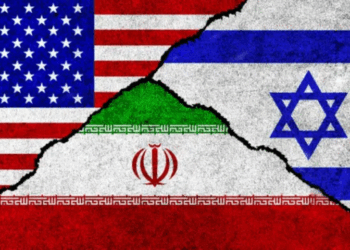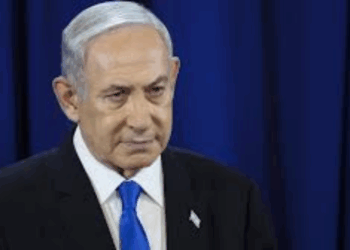London, June 11, 2025: U.S. President Donald Trump announced that a new trade deal with China is “done,” pending final approval from both himself and Chinese President Xi Jinping. The announcement follows two days of high-level talks between U.S. and Chinese officials in London, aimed at easing long-standing trade tensions between the world’s two largest economies.
According to President Trump, the agreement includes key provisions allowing the United States to secure critical rare earth metals from China. In return, Chinese students will be permitted to resume studies at American colleges and universities.
Posting on his Truth Social platform, Trump wrote:
“Our deal with China is done, subject to final approval with President Xi and me. Full magnets and any necessary rare earths will be supplied, up front, by China. Likewise, we will provide to China what was agreed to, including Chinese students using our colleges and universities (which has always been good with me!).”
The talks, held in London, focused heavily on China’s exports of rare earth minerals—materials essential to modern technologies including smartphones, electric vehicles, and defense systems.
U.S. Commerce Secretary Howard Lutnick confirmed that the deal is expected to lift existing restrictions on rare earth minerals and magnets.
“We have reached a framework to implement the Geneva consensus,” Lutnick said. “Once the presidents approve it, we will then seek to implement it.”
China’s Vice Commerce Minister Li Chenggang echoed this sentiment, stating that both sides had “in principle, reached a framework for implementing the consensus” from a June 5th phone call between Trump and Xi, as well as from earlier negotiations in Geneva.
Trade tensions between the U.S. and China escalated earlier this year after Washington imposed sweeping tariffs on multiple countries, with China bearing the brunt. In response, Beijing raised tariffs on U.S. goods, triggering a cycle of retaliatory measures that peaked at a combined tariff rate of 145%.
A temporary truce brokered in May during talks in Switzerland led to reduced tariffs—30% on Chinese goods entering the U.S., and 10% on U.S. goods entering China. Beijing also pledged to ease barriers on exports of critical minerals, and both sides agreed to a 90-day window to finalize a long-term deal.
However, both nations have since accused each other of violating non-tariff commitments. U.S. Trade Representative Jamieson Greer criticized China for failing to lift restrictions on rare earth magnet exports, while Beijing accused the U.S. of blocking sales of chip design software, discouraging use of Chinese-made chips, and cancelling student visas.
Ahead of this week’s talks, China’s Ministry of Commerce said it had approved certain rare earth export license applications but did not specify recipient countries.
President Trump stated on Friday that Xi had agreed to restart trade in rare earth materials, paving the way for this latest breakthrough.








